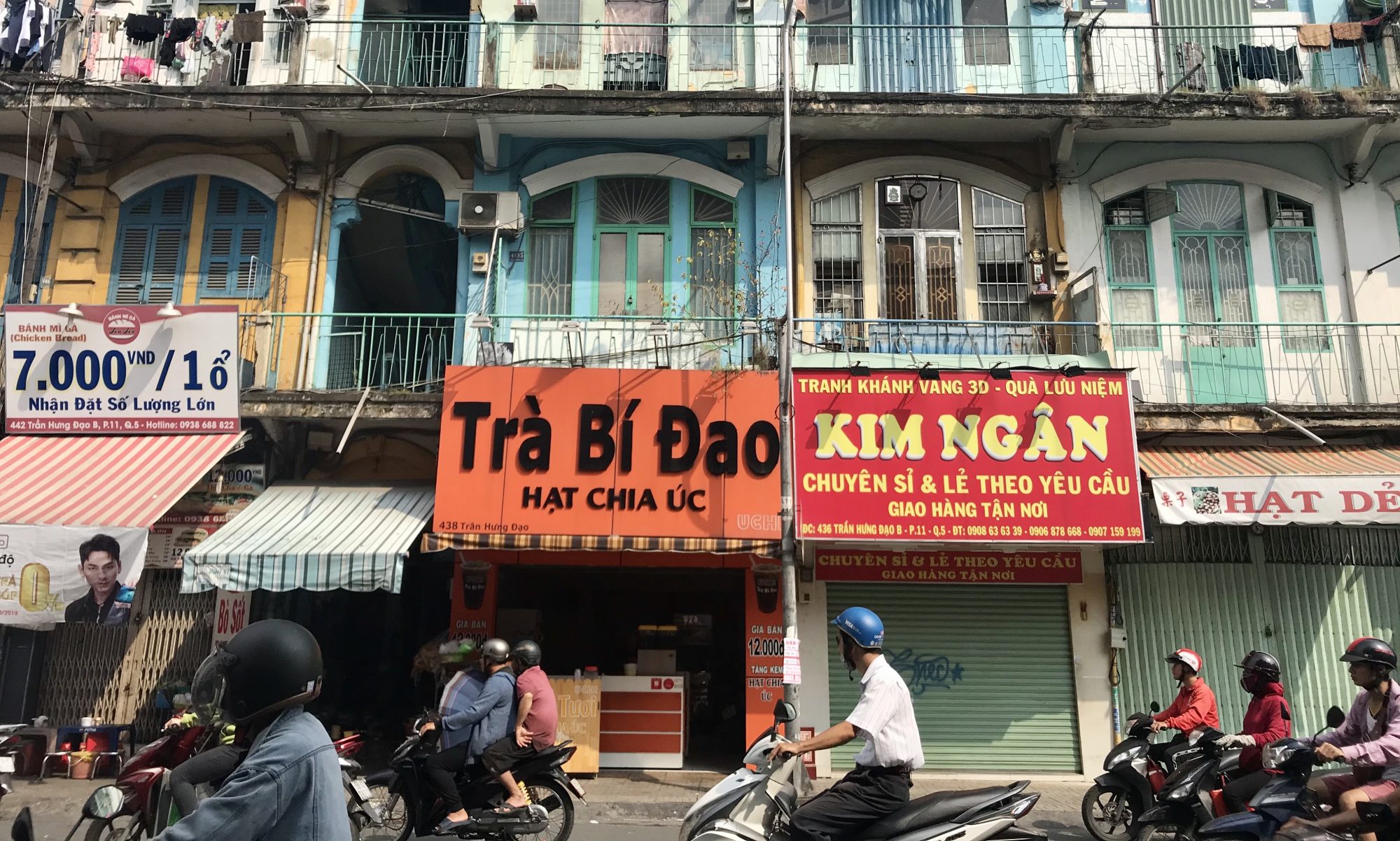Humanity is an ocean…
The Boston Marathon is the world’s oldest marathon; always held on Patriots’ Day, the third Monday in April. Each year, it draws in 20,000 hungry runners and 50,000 of their closest friends and family, who crowd the sidelines and scream and cheer and hold up their signs and are almost as relentless as the runners themselves. And this year, just before 3:00 pm, it was bombed.
Close to the finish line, two bombs went off, ultimately killing three and maiming close to 200 more bystanders. Throughout the day, 5 more undetonated bombs were discovered, which consisted of pressure cookers and nails. As of right now, no suspects have been named and no one is in custody.
I could literally go on all day about how utterly sick this is. To even gather my words enough to write this was a challenge in itself because, as all other Americans are feeling at this exact moment, I am infuriated, wounded, and let down.
On the one hand, I want to shake my finger at the human race. Regardless of whether this was an outside terrorist attack by an extremist group or an attack, because that’s still what it is, by one of our own, I want to say look what you did. Look what has been created. I want them to see this as a wake-up call, for it all to mean something, for us to say, look at the violence that is impeding our world.
“Maybe this is what the Mayans predicted, not an asteroid or a solar flare, but the end of what we are. We no longer cherish life, or the other people, or even the earth or the animals or the resources put on it. War, genocide, abuse, senseless mass murder, animal cruelty, gluttony, greed, waste, and lust. Look around you, the end of the world is already here.”
And you know what? Maybe this is true. Maybe the extreme violence that no longer lurks in far-off battlefields, that now has infiltrated our schools, movie theaters, and sporting events, is the true mark of the end of an era; an era in which we believed we were safe when we left our homes in the morning, an era in which we, as Americans, believed we lived in a healthy, safe nation.
However, as easy as it would be to throw in the towel and say it’s all downhill from here, there is a tiny part of me that believes otherwise. I am so utterly angry at all of this and my brain is so muddled that I can barely even spot that sparkle of hope. However, it’s there. Actually, it’s right here.
Now let me make this image a little more clear– this photograph was taken after the bombing. These people, as you can see, are still running. Actually, they are marathoners– running an extra mile and a half to Mass General Hospital to give blood to the victims. These people just ran twenty six miles and their own sparkle inside is telling them, “Keep going.”
All over the place, average people with average lives and average jobs didn’t leave the scene, they went back. They ran towards the fire and the cries and the blood to save those who hadn’t been so lucky. They risked their own lives for people they would never know. This is hope. This is humanity. This is what we stand for; not the evil that floods the headlines and sometimes seems the be the only thing left.
All around us, all over the world, these good people run wild. You will never read all of their names in newspapers and they will never receive big gold medals and no one will ever pat them on the back. Some of them will save lives, while others will give a free loaf of bread or even just let someone cross the street because it’s raining out. These strange people are absolutely everywhere. And they absolutely outnumber those who live to cause pain.
“Good will always prevail over evil. Every time. Remember that.”
When awful acts of terror such as this occur, our first instinct is to say humanity is fucked. Which it very well may be. But I have a pretty good feeling that these good people, who hide on every corner, aren’t ready to throw in the towel quite yet either.
…If a few drops of the ocean are dirty, the ocean does not become dirty.

